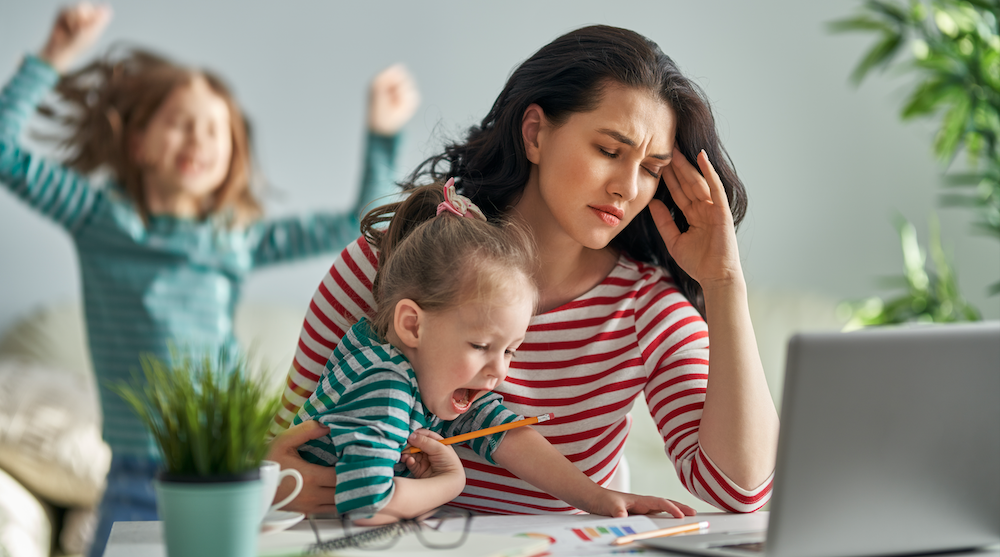
2020-03-27T12:53:22
How to Prevent Coronavirus Stigma
- COVID-19
March 19, 2020 | COVID-19

The outbreak and global spread of coronavirus (COVID-19) can cause strong emotions in both adults and children. If you find yourself experiencing anxiety or stress about coronavirus during this crisis, know that you are not alone and that there are things you can do to cope. In fact, practicing healthy coping mechanisms is the best way to help yourself, your families and your communities emerge from the COVID-19 situation stronger and more prepared for similar situations in the future.
Take breaks from watching, reading or listening to the news. While it is important to be informed, it is also important to avoid constantly exposing yourself to information that may be upsetting, distracting or stressful. Try limiting your news intake (including social media) to two times per day, for example.
Listen to your body and do what relaxes you most. Everyone experiences stress differently. Take some time to understand how you experience stress and experiment with ways to cope. Some examples include meditation, yoga, deep-breathing exercises or stretching.
Indulge your hobbies or find a new one. Some people find that their hobbies are one of the best ways to de-stress. Think crocheting, puzzles or playing musical instruments, for example. While you are practicing social distancing, take the opportunity to learn a new hobby.
Connect with others. Social distancing doesn’t mean social isolation. Don’t forget about all of the ways to connect with your friends and family virtually, including FaceTime, phone calls, Skype, Texting, Snapchat, Marco Polo and more. Spend time with your loved ones in creative ways and help support each other.
Avoid seeking information on social media. Social media is a breeding ground for misinformation. If you want to find information about COVID-19 or more accurately understand your risk, turn to the Centers for Disease Control and Prevention (CDC), World Health Organization (WHO), or your local health department. If you have additional concerns or if your stress is interfering with your daily activities, contact your primary care provider.
Fall back on coping methods that have helped you in the past. Chances are you’ve gone through rough patches in your life at one point or another. Draw on those skills you have used in the past to help you manage your stress and try them now. However, make sure you don’t use alcohol, drugs or other harmful coping mechanisms. If you are extremely overwhelmed, consider talking to a therapist over video chat.
Kids and teens experience stress differently than adults. Some signs of stress and anxiety include:
Here are some things you can do to help your children manage their emotions and fears:
Talk to your children. Ask questions to gauge their understanding of the situation and allow them to ask questions back. Try to talk to them in simple terms that they can understand.
Maintain a schedule. Try to maintain your regular routines as much as possible, but if your daily life has been interrupted, create a new schedule and help your children stick to it.
Be a role model. Children tend to model their parents’ behaviors. Be an example to them in how you manage your own stress and anxiety, and encourage your children to try similar coping mechanisms and see what works best for them.
Stay calm. Reassure your children that you are there to support them. Stay calm and avoid spreading misinformation.
Provide opportunities for your children to play and relax. Children need extra love and attention during difficult times, so your children may want to play and relax with you. Try watching a movie, coloring, or playing games together.
Don’t forget that the aftermath of an emergency is important too. Once life returns back to normal, give your children an opportunity to talk about what they went through and how they felt. Encourage them to be open and honest and ask questions.
WRITTEN BY:
The Live Better Team
This information is not intended to replace the advice of a medical professional. You should always consult your doctor before making decisions about your health.